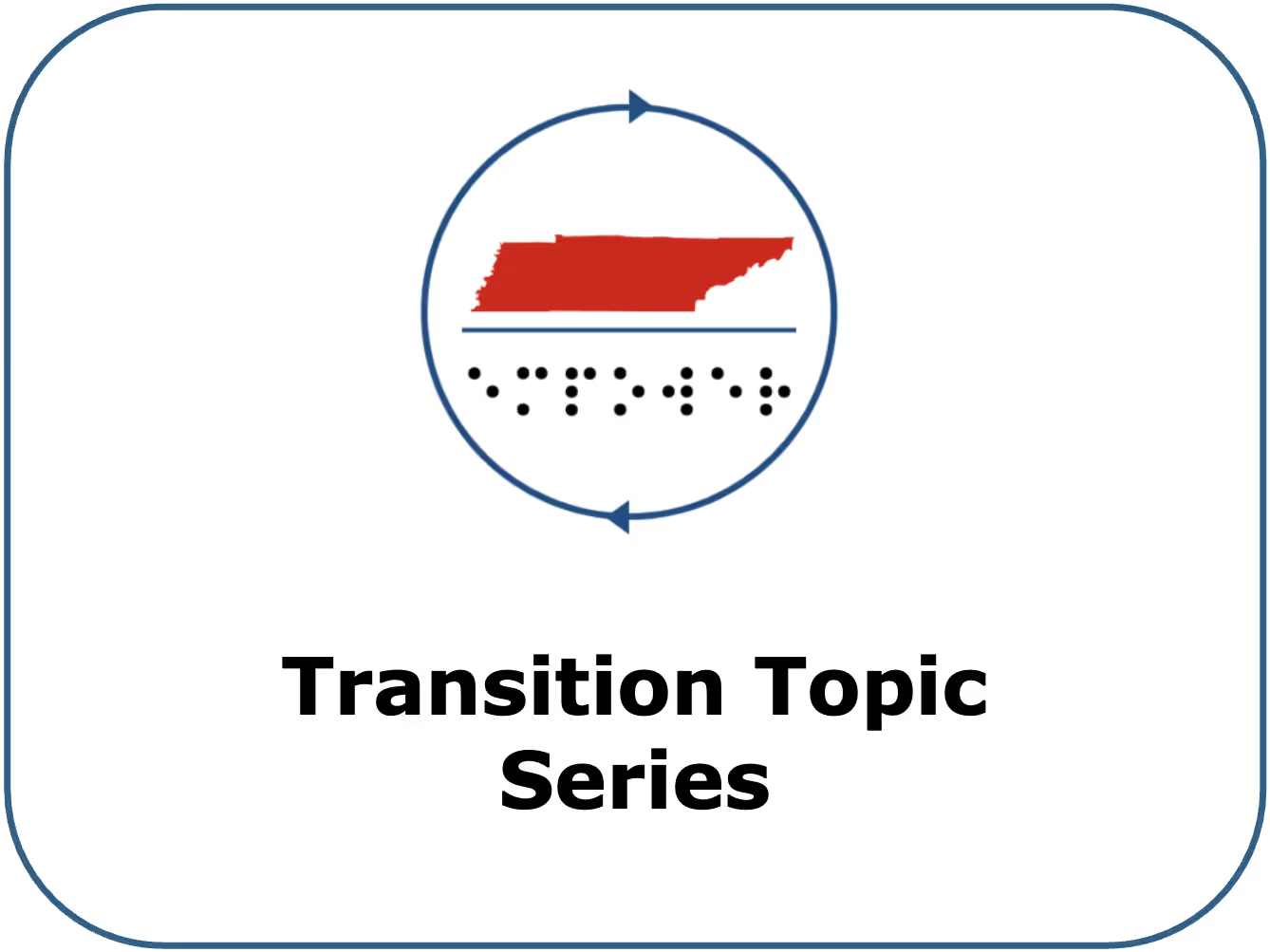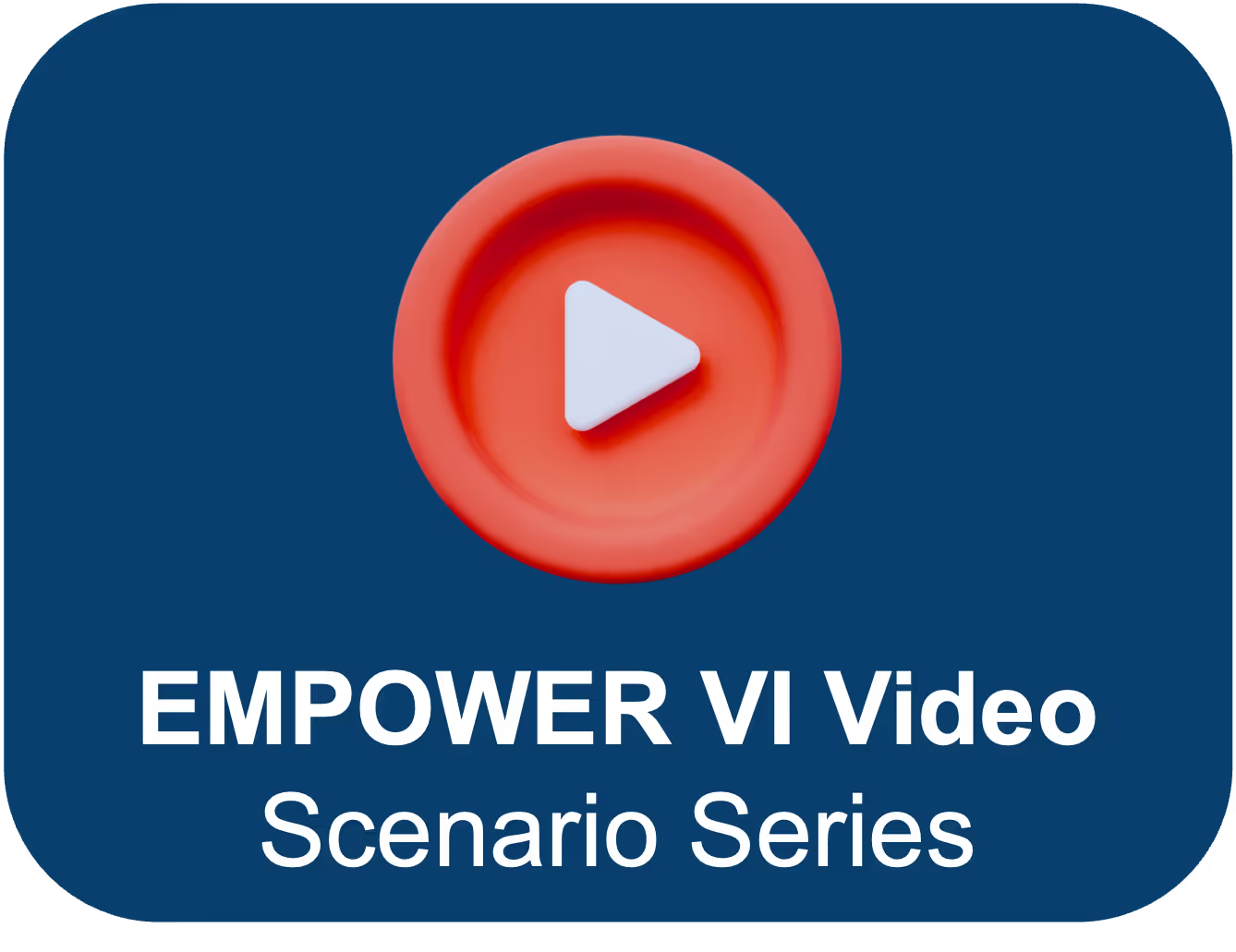Involvement in Your IEP Definitions Your individualized education program (IEP) is an important document that should outline all of the services you receive to help you in school. When you turn 14, your IEP should change slightly to focus on the services you receive in middle or high school to help you reach your goals for after high school. These postschool goals are sometimes called postsecondary goals. Postsecondary goals can include goals to attend college or a training program, goals related to employment, goals for living as independently as possible, and goals for engaging with your community. To develop the IEP and determine what services and supports you need to reach your postsecondary goals, you will meet with your teachers and family members every year at an IEP meeting.
You do not have to attend your IEP meeting, but we strongly encourage you to participate to the degree that you are comfortable! At the meeting, your teachers and family will talk about your progress in school and the areas where you might still need support. You should be there to make sure you agree with what is being said, and to provide input about your goals for the next year. Other benefits to participating in your meeting can include:
Having a say in discussions and decisions about you that adults are going to have anyways! Practicing your self-advocacy and self-determination skills. Preparing to talk about yourself, your disability, and the accommodations that can support you so that you are confident and well-equipped to do so in the future. Practicing skills that can help you in college or a job, such as presentation skills, reading and writing skills, and communication skills. Being able to be creative in sharing about yourself, what you like, and your goals for the future. Some ways that you can get more involved in your IEP include:
Inviting others to your IEP meetings. Introducing others at the meeting. Creating a PowerPoint, poster, portfolio, speech, or graphic organizer to use to help you present information about yourself. Reviewing your prior goals and the progress you have made. Talking about your accomplishments at school and your favorite classes. Sharing about the accommodations that support you in school. Describing your goals for the future and how you would like to work toward those goals in the upcoming year. Asking questions or for feedback or advice from family members or teachers. Guiding Questions How have you been involved in your IEP meetings in the past? How do you feel about your level of involvement at your IEP meetings now? How could you increase your involvement in your IEP meetings in the future? Who usually attends your IEP meetings? Are there others that you wish were there? Are there aspects of your IEP that you would like to change? How could you advocate for these changes? In what ways would you feel most comfortable preparing for your IEP meeting and sharing during your meeting? How could you apply the information discussed at your IEP meeting to the remainder of your school year? How could you use your IEP meeting as an opportunity to help you reach your future goals? Resources EMPOWER’s student course on self-advocacy and self-determination – This student course may help you improve your skills to talk about what you want and what you need during your IEP meeting.
Student-Directed IEP Meeting Script - Transition Tennessee (transitiontn.org) – This script can help you know what to say during your IEP meeting.
Steps to an Effective Student-led IEP Meeting - Transition Tennessee (transitiontn.org) – This video demonstration outlines 11 steps to an effective student-led IEP meeting.







